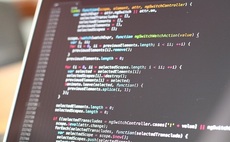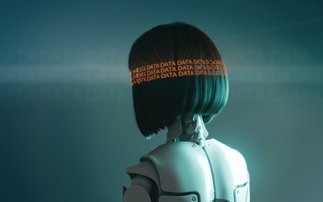International moves afoot to compel operating system suppliers to stamp out software piracy on users' PCs
Apple, Microsoft, Google and other operating system suppliers should be forced to block suspected pirated media at the operating system level. The suggestions are among several recommendations i...
To continue reading this article...
Join Computing
- Unlimited access to real-time news, analysis and opinion from the technology industry
- Receive important and breaking news in our daily newsletter
- Be the first to hear about our events and awards programmes
- Join live member only interviews with IT leaders at the ‘IT Lounge’; your chance to ask your burning tech questions and have them answered
- Access to the Computing Delta hub providing market intelligence and research
- Receive our members-only newsletter with exclusive opinion pieces from senior IT Leaders





















